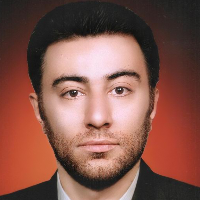study of the principle of full compensation in terms of its conformity with the monist philosophical foundations of tort law
The study of Iranians’ tort related writings explicates that most of the top jurists believe that there is a maxim called “the principle of full compensation”. Provided that the other two requirements of liability (causation and harmful act) exist, this principle states that all damages, regardless of their type, should be compensated without any need for a specific law prescribing the liability to compensate that kind of damage. Case law is in doubt on how to react to this principle and has since taken two different approaches. Contrary to popular belief, however, our search in the philosophical foundations (and also in the main goals of tort law) shows that there is no theory that stays adamant about compensating all kinds of damages in any circumstances. From only one theory we can infer such a principle, but because of some major defects in this conclusion, it has been widely criticized by tort law philosophers.It seems that the belief in such a principle (of full compensation) is not acceptable neither practically nor theoretically; it is unfeasible in practicality and reduces the power of tort law in organizing and arranging different kinds of social activities, and it is theoretically unsubstantiated. In this article, I propound this idea that invoking this principle should be avoided by our jurists, and as well as our courts.
-
Analysis of postponing the marriage of young people in Tehran from the point of view of legal and socail frameworks
Mahdie Mohammad Taghizade *, , Neda Khajehkhalili
Social Development & Welfare Planing, -
The Investigation of the Concept of the Principle of Compensating All Damages and its Denial in the Pluralistic Philosophical Foundations of Tort Law
Seyed Noorolah Shahrokhi *,
Legal Studies, -
A Comparative Study of the Principle of Full Compensation and the Plural Philosophical Foundations of the Law of Torts
Seyed Noorolah Shahrokhi *,
Journal of Contemporary Comparative Legal Studies,




